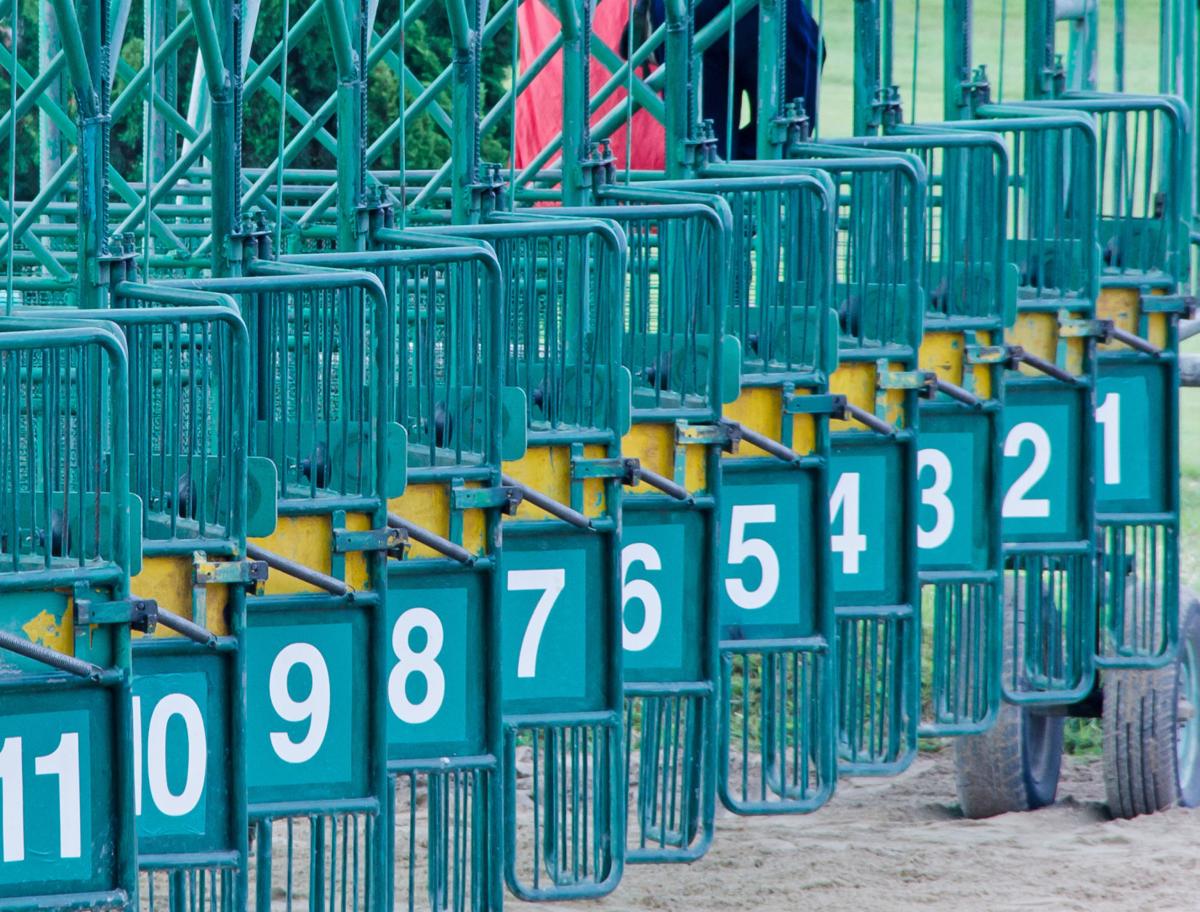PHOENIX — The owner of off-track betting simulcast signals from several out-of-state tracks is asking a federal judge to void a new law that would require it to sell its services to all Arizona tracks, whether the company wants to or not.
In a new lawsuit filed Monday, attorney Scot Claus said the state has no legal right to interfere with interstate off-track betting. He told U.S. District Court Judge John Tuchi the statute, approved by Arizona lawmakers earlier this year, conflicts with federal law.
Claus also says the new Arizona law unconstitutionally interferes with the right of Monarch Content Management, his client, to decide with whom it wants to do business. Most immediately, Claus wants Tuchi to block the law from taking effect as scheduled on Aug. 27 while the court decides the merits of the argument.
A spokeswoman for the Arizona Department of Gaming, which regulates horse racing and is the defendant in the lawsuit, declined to comment.
Hanging in the balance is whether Arizona Downs in Prescott Valley is going to get access to Monarch’s signals for its seven off-track-betting, or OTB, sites, a decision that could determine the future of the track.
Monarch has provided OTB signals from multiple tracks to Turf Paradise in Phoenix and its OTB sites around the state for years. Claus said that also includes access to betting pools for the races being broadcast and access to real-time odds and other betting information.
Last year, the newly reopened Arizona Downs also sought access to the simulcast. Monarch agreed to send its signals to the Prescott Valley track but refused to provide it for the track’s OTB sites.
At least part of the issue is that three of Arizona Downs’ OTB sites are in the Phoenix area, potentially setting them up as competitors to the Turf Paradise OTB facilities.
“The location of Arizona Downs’ OTB sites would create dilution of the wagering product, and depress the overall consumption of content,” Claus wrote.
Earlier this year, however, lawmakers voted to force Monarch into an all-or-nothing situation: If it wants to do business with Turf Paradise, it has to provide the same signals to anyone else who wants it.
Potentially more significant, it gives the Arizona Racing Commission the authority to review any contracts to determine whether the fees are “excessive or unreasonable” by comparing it to what is charged to others and determining whether the practices are “anti-competitive or deceptive.”
Claus complained to Tuchi that these terms are not defined. And that, he said, makes it problematic because it subjects violators to potential criminal felony penalties if they don’t agree to enter into agreements with all would-be buyers on terms the Racing Commission finds acceptable.
If nothing else, Claus said the law interferes with Monarch’s ability “to maintain its ability to freely negotiate and enter into contracts.”
The issue has implications for whether Arizona Downs, which stopped live racing for a period earlier this summer, can remain financially viable.
Monarch sells the signals from the tracks owned by the Sonarch Group, Monarch’s parent company. That includes California’s Santa Anita Park and Gulfstream Park in Florida. These are considered among the top tracks on which people like to wager.
It also sells signals from other tracks its parent company does not own. And it sells the signals from the more than 130 days of live racing at Turf to other tracks.
Ann McGovern, general manager of Arizona Downs, said her track can survive financially — but only if there is a “level playing field.”
Ideally, she said, that means Arizona Downs being able to take wagers at its OTB sites on the races at tracks where the signal is delivered by Monarch. But McGovern said the business plan also works if no one has access, meaning Turf Paradise does not have a competitive advantage.
Hence, the all-or-nothing law.
“Now, we prefer to offer that everybody have access to their products,” she said. “But if Monarch chooses not to do that, then, at least, again, we’re all showing the same signals.’
And the financial implications if the law is overturned and only Turf Paradise gets the signals?
“That’s problematic,” McGovern said.





